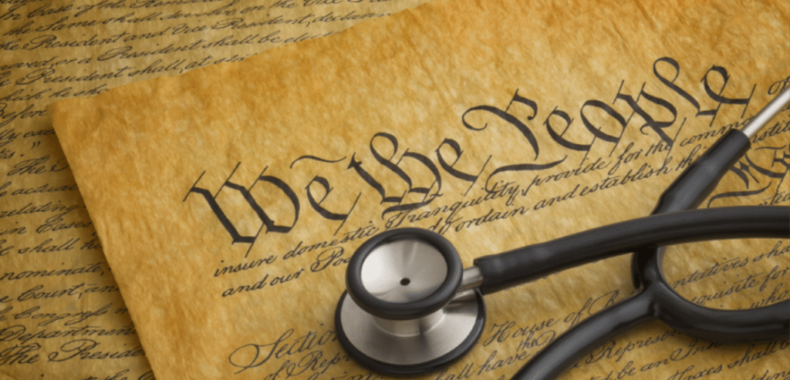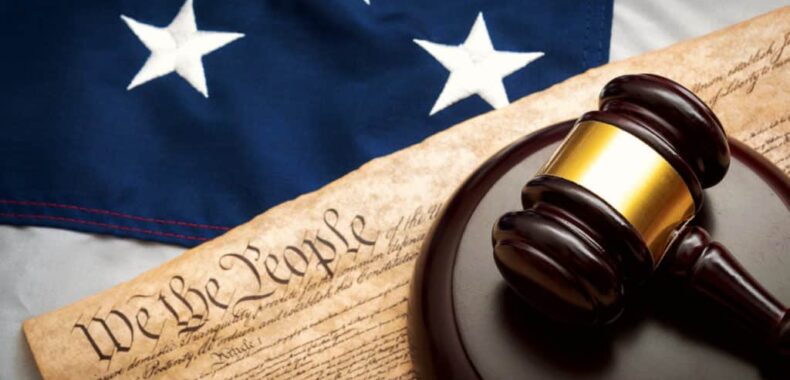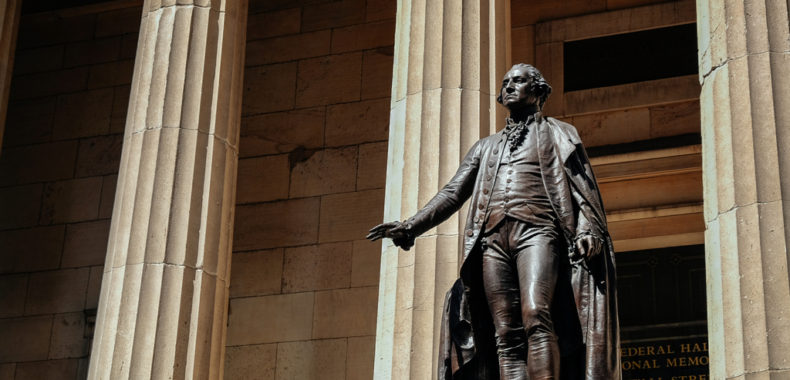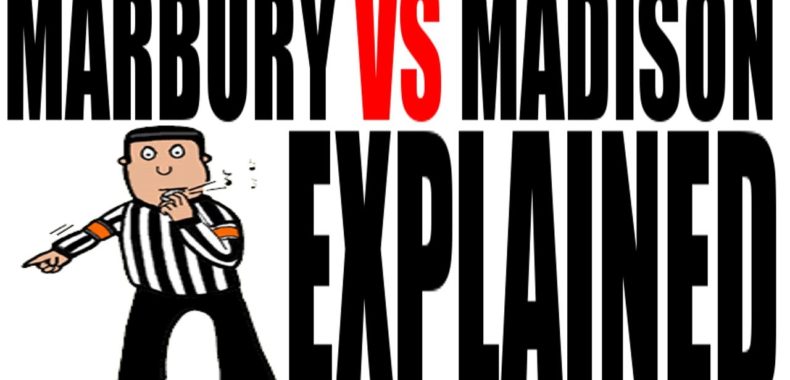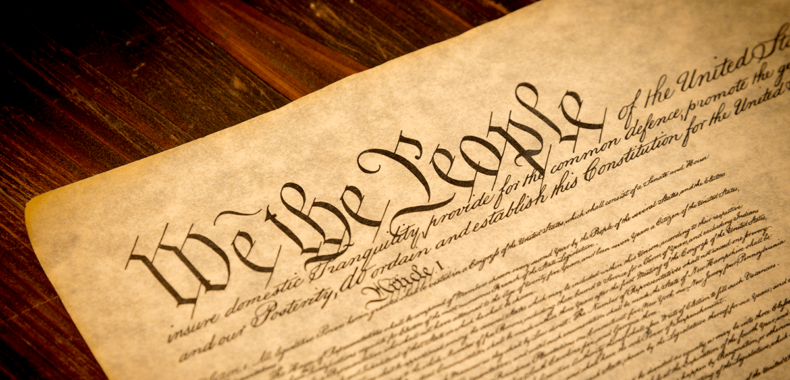Necessary is Supposed to Mean Necessary
By: Michael Boldin When the Constitution was ratified, the word necessary meant, well, necessary. But in the dystopian “future” we live under today, words don’t mean what they actually mean. They ...
Read more.Necessary Does not Mean Useful or Convenient
By: TJ Martinell One of the most famous and important Supreme Court opinions is from the 1819 McCulloch v. Maryland case. It set the stage for massive expansion of federal power by incorrectly ...
Read more.End the unconstitutional vaccination mandate!
President Biden, the Constitution you swore on the Bible to “preserve, protect, and defend” gives you very limited authority. You are not a dictator. That Constitution was ratified only because ...
Read more.How One Landmark Case Shaped the Commerce Clause
By: Bob Fiedler In some ways, John Marshall’s opinion in Gibbons v. Ogden expanded federal power using expansive definitions of various words in the Commerce Clause. But future courts ignored an important limiting ...
Read more.The Towering Statesmanship of George Washington
by Matthew J. Franck George Washington resigned his commission as the commander in chief of the Continental Army in a public appearance before the Confederation Congress (then sitting in Annapolis) ...
Read more.The Marbury v Madison Myth
By: Michael Boldin Almost everything in modern “constitutional law” is based on a myth. “A long, long time ago — 1803, if the storyteller is trying to be precise — ...
Read more.On the Omission of the Term “Expressly” from the Tenth Amendment
By: Kurt T. Lash In his recent review of Lawrence Lessig’s new book, “Fidelity and Constraint,” Georgetown law professor John Mikhail takes issue with Lessig’s account of the New Deal. Mikhail rejects ...
Read more.